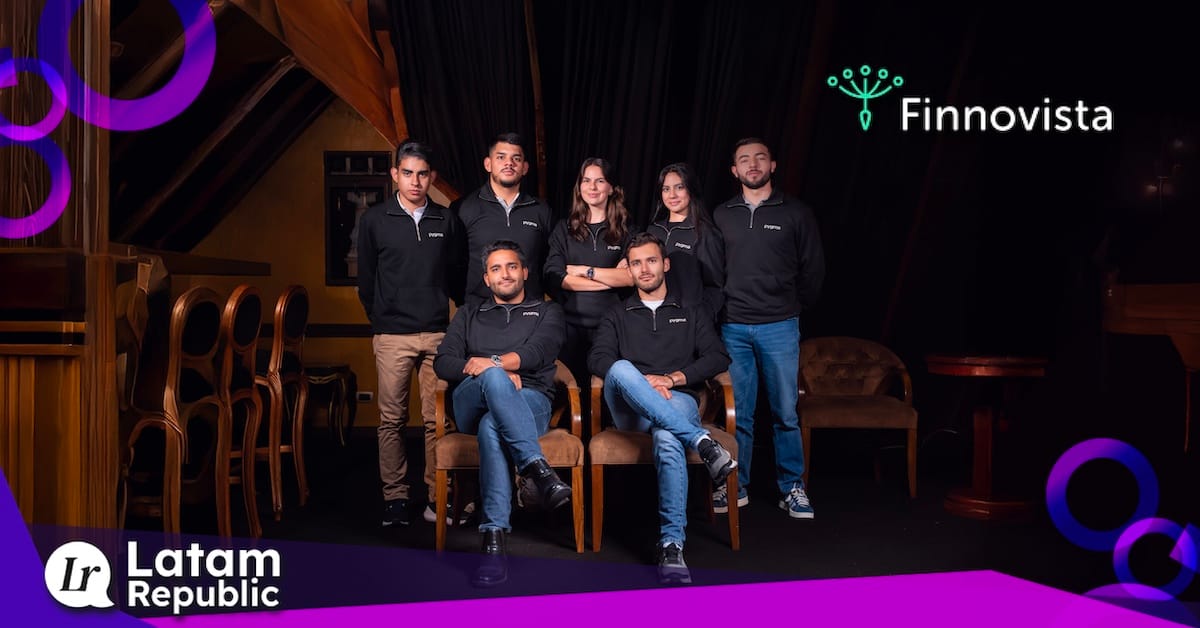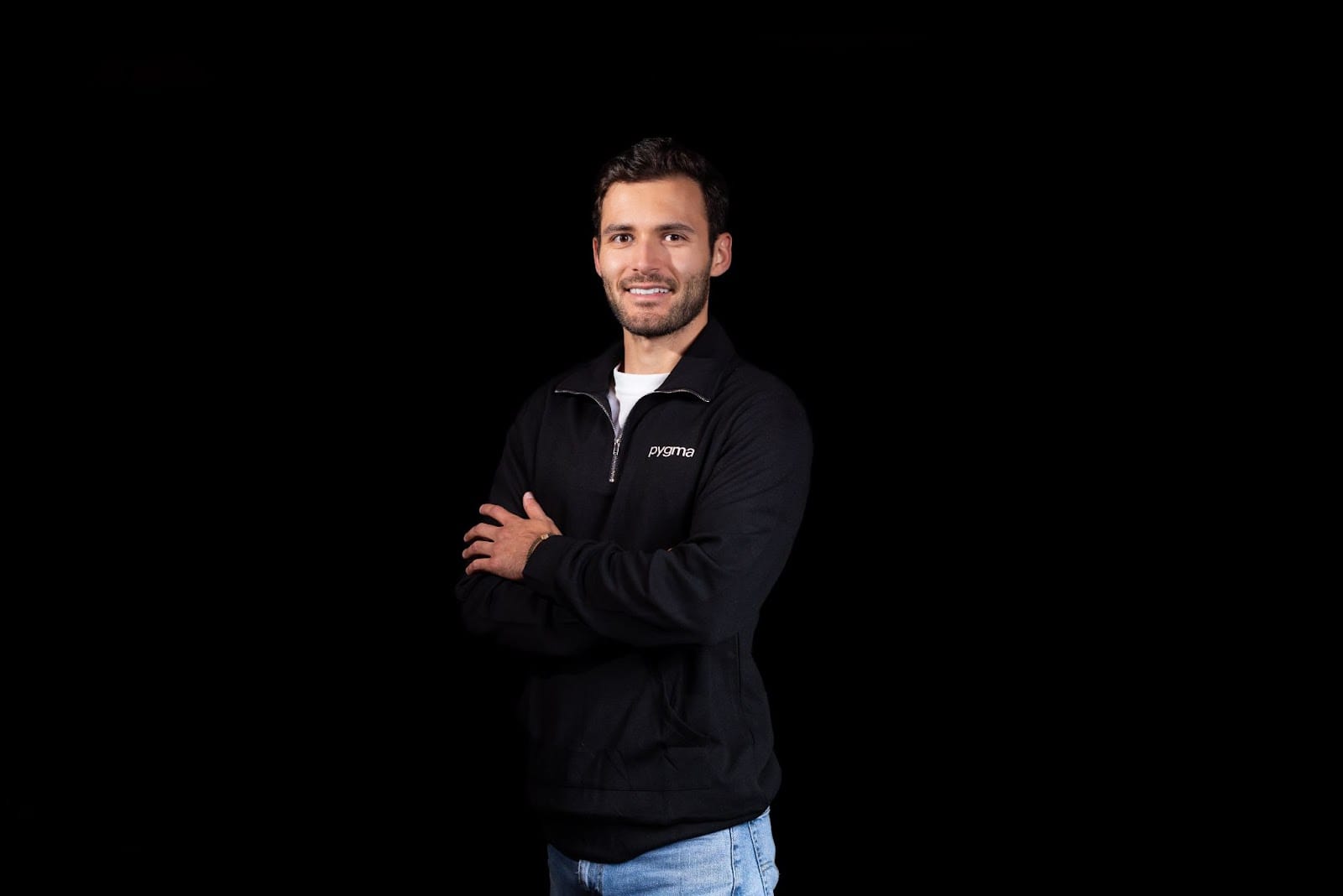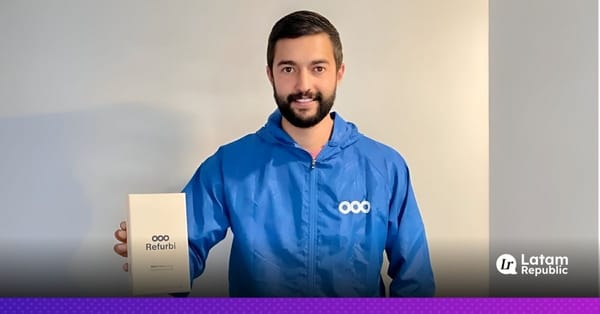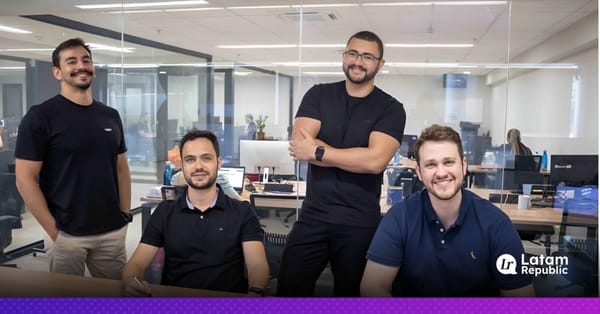The Critical Decision Facing Fintechs in Latam
Latin America’s fintech sector is booming, but amid global uncertainty, many startups face a key decision: pursue an IPO or focus on validating their business models.

Over the past few years, Fintechs in Latam have emerged as one of the most dynamic and fast-growing sectors in the region. According to a report by Finnovista, the fintech ecosystem attracted over $4.3 billion in investment in 2024, solidifying its position as a key industry in Latin America’s economic landscape.
However, in the face of increasing global uncertainty, fueled by the ongoing tariff war between the U.S. and China and broader geopolitical tensions, many fintech startups that have successfully scaled regionally are now facing a pivotal question: Should they consider going public through an IPO, or is it wiser to continue validating and consolidating their business model?
IPOs: visibility, capital and risk
“The IPO process is a significant milestone for any company. It opens access to substantial capital and enhances market visibility and credibility. But it's also a path full of risks, due to the public scrutiny and the need to meet strict financial and operational expectations,” explains Daniel Ospina, co-founder of Pygma, a U.S.-based accelerator focused on supporting Latin fintech founders.

Several recent IPOs illustrate the risks involved. In 2024, Webtoon Entertainment had a challenging debut on the U.S. stock exchange, with its shares dropping by 33%. Similarly, Ibotta, a cashback shopping app, saw its stock fall 17% below its IPO price, and 34% from its highest point.
Latin America’s unique context
This dilemma between pursuing an IPO or focusing on further validation is especially relevant in Latin America, where regulatory uncertainty and economic volatility can complicate the growth path.
“Many fintechs in the region are able to raise capital quickly and scale at an impressive pace, but they are still in early stages of validating their model, unit economics, or product-market fit,” says Ospina.
From his perspective, the decision should not be driven by short-term gains. Instead, it must be rooted in a long-term strategic vision. “We believe that validating the business model is the foundation of long-term success. Without that, any expansion or capital raise is just an illusion of progress,” he adds.
Beyond users and investment rounds
According to Ospina, validation is not just about user numbers or funding milestones. Founders need to deeply understand the problem they are solving, why their solution has sustainable scalability potential, and whether they can adapt and grow in diverse markets.
“At Pygma, we focus on supporting Latino fintech builders because we see tremendous long-term potential. We believe founders should prioritize strengthening their foundation before seeking public visibility. They must ensure they have a solid, scalable value proposition,” Ospina concludes.
Long-term growth over short-term exposure
While access to capital through an IPO may seem attractive, sustainable growth depends on having the right foundations in place. In a complex global and regional environment, the fintechs that thrive will be those that build with a long-term strategy consolidating first, scaling second.




